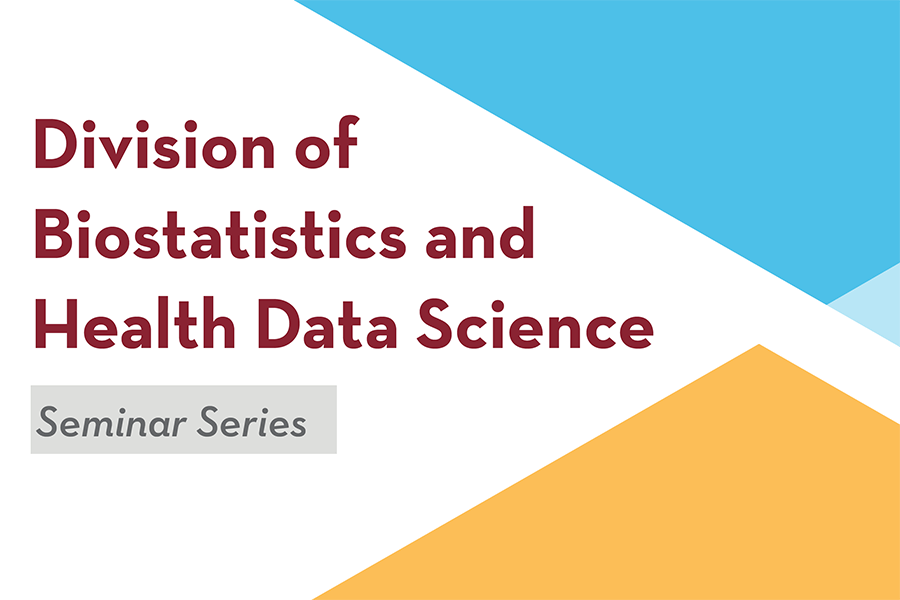Novel Approaches to Generalizing Results from Randomized Trials
Presented by Justin Clark
Ph.D. Candidate in Biostatistics
Ph.D. Advisers: James Hodges & Jared Huling
Randomized controlled trials (RCTs) are often characterized as the highest standard of clinical evidence. Meta-analyses are sometimes ascribed an even higher standard, as they combine the results of multiple studies and can produce a more precise effect estimate than that of any one trial. Various methods in causal inference have aimed to broaden the scope of clinical trial findings by transporting RCT results from trial participants to a well-defined target population. We propose extensions to these methods that address three practical problems common to analyses of clinical trial data: between-trial heterogeneity in meta-analysis, participant non-adherence to study medication, and mismatch between the covariates available in the trial and target population samples.


